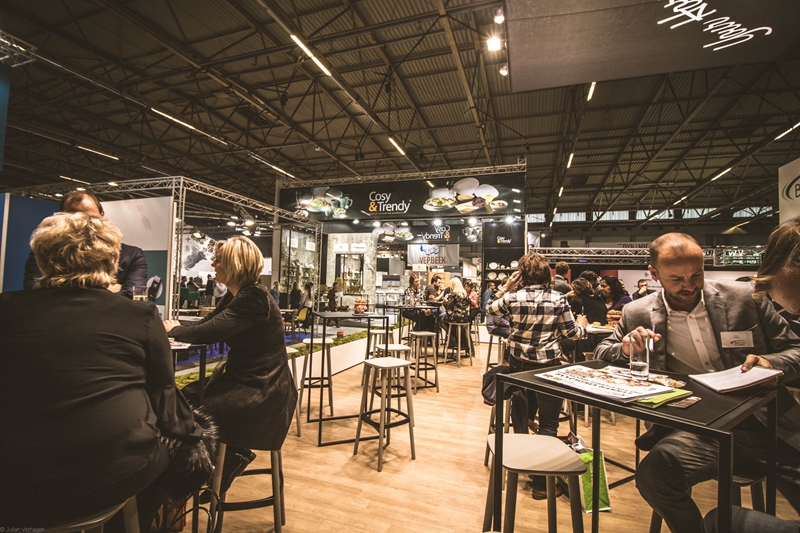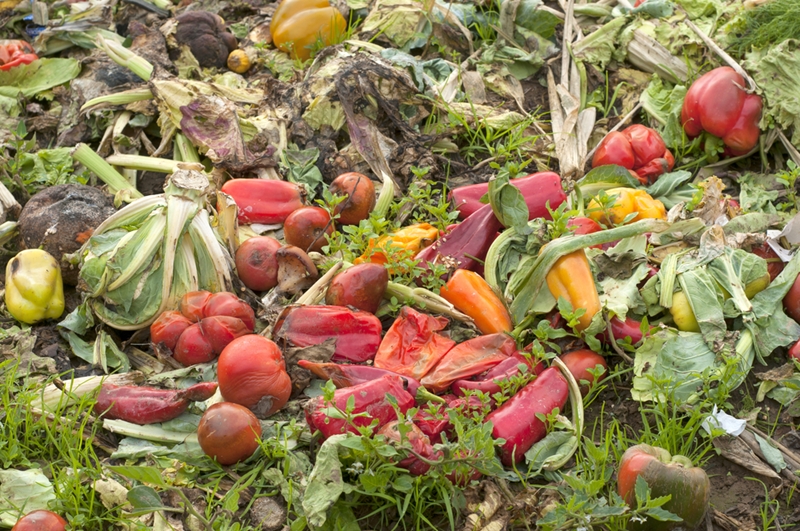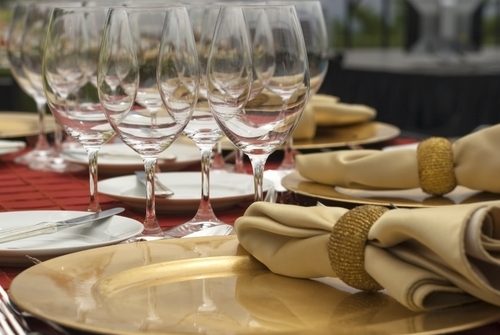‘Going green’ is a buzz phrase now common in the Australian event industry. But committing to more environmentally-sustainable corporate occasions is more than a superficial decision to put out recycling bins during events. A truly green event considers the impact of all decisions made during planning. Event logistics should match this commitment through reducing disposable plastic use and partnering with eco-friendly suppliers.
In this article we’ll cover what event logistics is, how you can use this groundwork to develop cleaner and greener event ideas, and why you should follow event production services expertise.
What is event logistics?
Considering the logistical impact of every design and production choice helps operators anticipate issues before they arise and plan ways to heighten the impact of their occasion. Here are the areas to consider when re-thinking your event logistics management:
Venue logistics – This means locating and securing the ideal venue.You should consider the challenges of using the space. For example, outdoor events still require access to power sources and a sound system, so you’ll have to plan for these issues.
 Your event venue should suit the needs of your business’ occasion.
Your event venue should suit the needs of your business’ occasion.
Equipment warehousing and distribution – Your event will need technical solutions to succeed – from lighting to audiovisual equipment, every item needs to be stored, picked up from and returned to an appropriate facility. Your technical team also needs to be trained in transporting and using these devices.
Delivery management and packing/unpacking schedules – For your event to run like clockwork, you need to consider who will deliver and set up your technical equipment and staging. You’ll also need to plan for how your delivery team will manage the packing/unpacking schedule to allow for both rehearsal and the event itself.
Traffic and personnel event management – Mapping the site in which your corporate occasion will take place helps you better manage entry and exit points for reduced traffic. The same logic applies to your stage – rehearsing where personnel will move around helps you to plan for the best viewing experience.
Communication plans – Clear communication is the key to any event. Your staff and guests presenters should all have a clear understanding of who to speak to for any given issue, and you should have a clear plan in place for addressing and remedying these issues.
 Your staff and guest personnel should have a clear idea about where they can report issues or concerns.
Your staff and guest personnel should have a clear idea about where they can report issues or concerns.
3 tips for eco-friendly logistical planning
Now that you know the main factors to consider in the event planning process, here are some tips from the specialists at CMS Australasia to help make your event greener.
1) Forgoing single use plastics
Whether you’re hosting a conference, outdoor music festival or awards ceremony, single use plastic permeates every aspect of the events industry, and indeed modern society. But with careful consideration of your requirements before you begin event production, you can drastically reduce or totally eliminate using unneeded plastics. Easy green ideas include:
- Switching from promotional giveaways with plastic items, such as pens or key chains, to eco-friendly alternatives.
- Swapping plastic cutlery and food packaging with the help of green food suppliers.
- Ensuring you set up plenty of well-marked recycling stations to deal with different types of materials.
2) Reducing food waste
Another major problem facing Australian society is food waste. More than two million tonnes of food is disposed by the commercial sector every year according to the Department of the Environment. Managing this tremendous waste in your own event is a simple way to go greener and save money in the process!
Confirming the number of event attendees means you can cater to the right numbers and avoid over cooking. Food recycling is another important factor. Ensure compostable bins are available for your staff and event guests to dispose of leftover food, and research food recycling facilities that you can take unwanted food to after everything is done and dusted.
 Avoid food waste at your event with better planning around event attendee numbers and green catering suppliers.
Avoid food waste at your event with better planning around event attendee numbers and green catering suppliers.
3) Use eco-friendly event partners
It’s excellent opting for environmentally-friendly options in your own event. But if your event partners are not equally committed to sustainable or carbon-neutral practices, you can go even further by finding green suppliers.
CMS Australasia has entrenched green practices in our business such as low energy lighting, battery recycling and sustainable technical equipment use. Our eco-friendly processes are formalised on our enterprise Green Policy, a document we are constantly reworking and updating to ensure we can offer the best in green practices.
Why speak with specialist event consultants?
Our near-three decades in event planning and production for occasion across the Asia-Pacific region means we’ve learned a thing or two about what makes a great event. With this insight we can go beyond the basics with your event to tackle in-house logistical issues and help you plan an occasion that is kind to attendees and the environment.
For help with adding a green seal of approval to your next business event, request a proposal from the CMS Australia’s events team today.

